
Siebold’s hardy orchid
Calanthe sieboldii
Zones: 6b–8
Size: 18 to 20 inches tall and wide
Conditions: Partial to full shade; moist, well-drained, humus-rich soil
Native range: Japan
Orchids are often thought of as temperamental tropicals, but many are easy, low-care garden plants. Among the very best is Siebold’s hardy orchid, also known as Japanese hardy orchid. Its lovely pleated foliage makes an evergreen clump up to 18 inches across that looks almost like a strangely textured hosta (Hosta spp. and cvs., Zones 3–9). In midspring, stalks emerge bearing cheery yellow flowers in upright clusters. If winter temperatures drop into single digits and foliage is killed back, the plant may be somewhat slow to start actively growing again in spring, but it should be fine. Best of
all, deer and other critters seem to avoid all orchids as a rule.
Allegheny spurge
Pachysandra procumbens
Zones: 6–9
Size: 8 inches tall and 36 inches wide
Conditions: Partial to full shade; average to dry soil
Native range: Southeastern United States
This highly prized native member of the boxwood family is too rarely encountered in gardens. Forming a slowly spreading carpet of matte green leaves marked with silver and sometimes purple highlights, it is nothing like the more common and übervigorous Japanese pachysandra (P. terminalis, Zones 5–9). Small, fragrant, white bottlebrush flower spikes appear in spring in the center of the clump. Old foliage can be removed in late winter or allowed to disappear on its own as the new leaves emerge. Allegheny spurge is happiest in humus-rich soil; once established, though, it is quite tolerant of drought, if not terribly happy about it. Deer and rabbits tend to avoid the plant but may take a nibble or two before moving on to tastier items.

‘Canyon Gold’ euphorbia
Euphorbia ‘Canyon Gold’
Zones: 7–10
Size: 2 feet tall and 3 feet wide
Conditions: Full sun; well-drained soil
Native range: Hybrid
‘Canyon Gold’ is a sterile hybrid that makes a year-round, constantly changing kaleidoscope of color in the garden. New growth in spring emerges with rosy burgundy hues before turning cool blue-green. In midspring, rounded heads of electric yellow flowers absolutely scream for attention. Those flowers, or more precisely the modified leaves surrounding the flowers, age to a much more sedate coppery pink-red and last until late summer when they should be cut back to encourage new growth. This removal of flowering stems is critical to keeping the plant healthy and long-lived. Wear gloves when pruning, as the deer-deterring milky sap may also irritate your skin. In fall and on through winter the foliage becomes wine red.
Moss’s Wandflower
Dierama mossii
Zones: 7–10
Size: 2 to 3 feet tall and wide
Conditions: Full sun; average to moist soil
Native range: Southern Africa
The unexplained dearth of this lovely plant in the Southeast needs to be rectified as soon as possible. In spring, evergreen clumps of foliage give rise to arching stalks bearing dangling pink flowers that look like the dresses of little garden fairies. It has all the textural appeal of an ornamental grass, but with showy flowers as well. Some members of the genus can be miffy in the humid Southeast, but this South African species grows naturally in bogs and along streams and is unfazed by humidity. Once established, it is very drought tolerant as well. Remove spent flower stalks, groom out old leaves with a gentle tug, and enjoy. Deer generally avoid it, but rabbits will
occasionally snip some leaves to line their burrows.
Mark Weathington is director of the JC Raulston Arboretum at NC State University in Raleigh, North Carolina, and the author of Gardening in the South: The Complete Homeowner’s Guide.
Fine Gardening Recommended Products
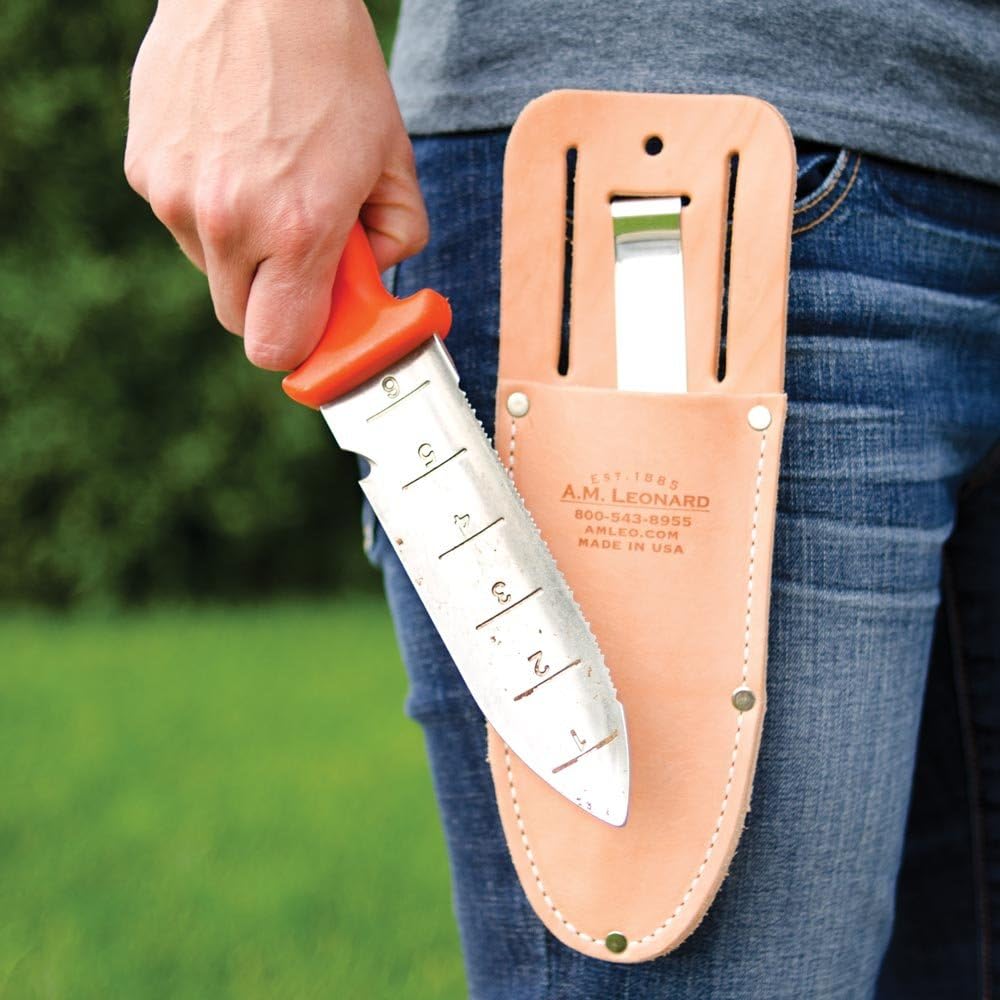
A.M. Leonard Deluxe Soil Knife & Leather Sheath Combo
Fine Gardening receives a commission for items purchased through links on this site, including Amazon Associates and other affiliate advertising programs.

SHOWA Atlas 370B Nitrile Palm Coating Gloves, Black, Medium (Pack of 12 Pairs)
Fine Gardening receives a commission for items purchased through links on this site, including Amazon Associates and other affiliate advertising programs.





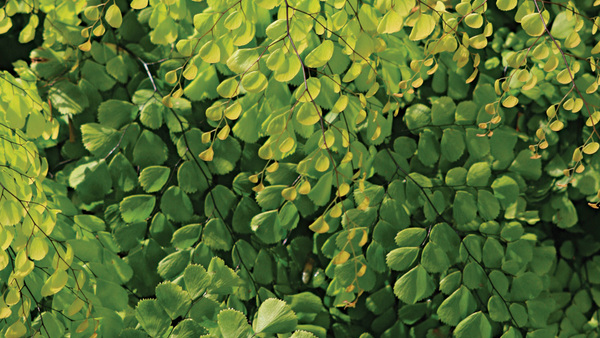
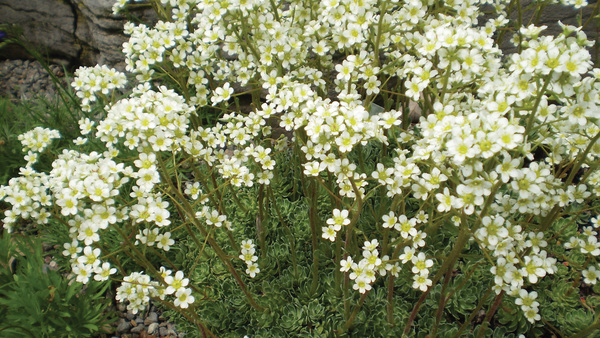
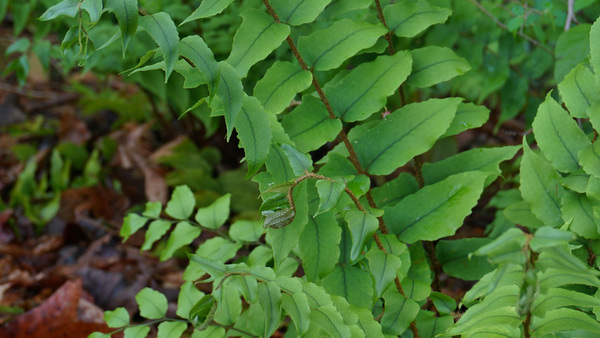
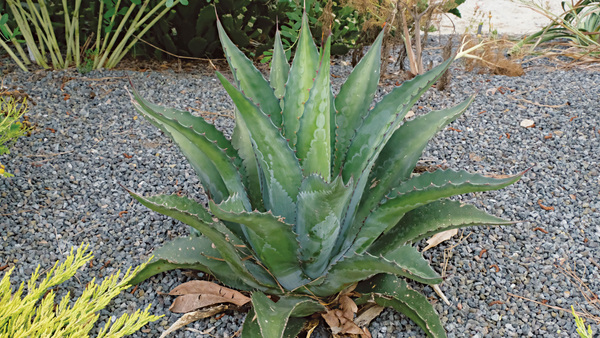

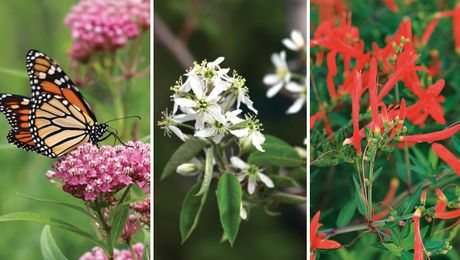











Comments
Log in or create an account to post a comment.
Sign up Log in